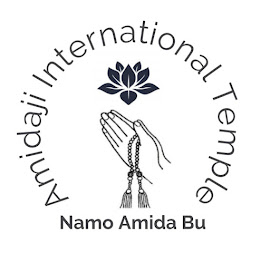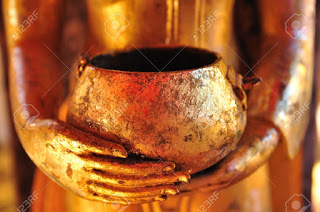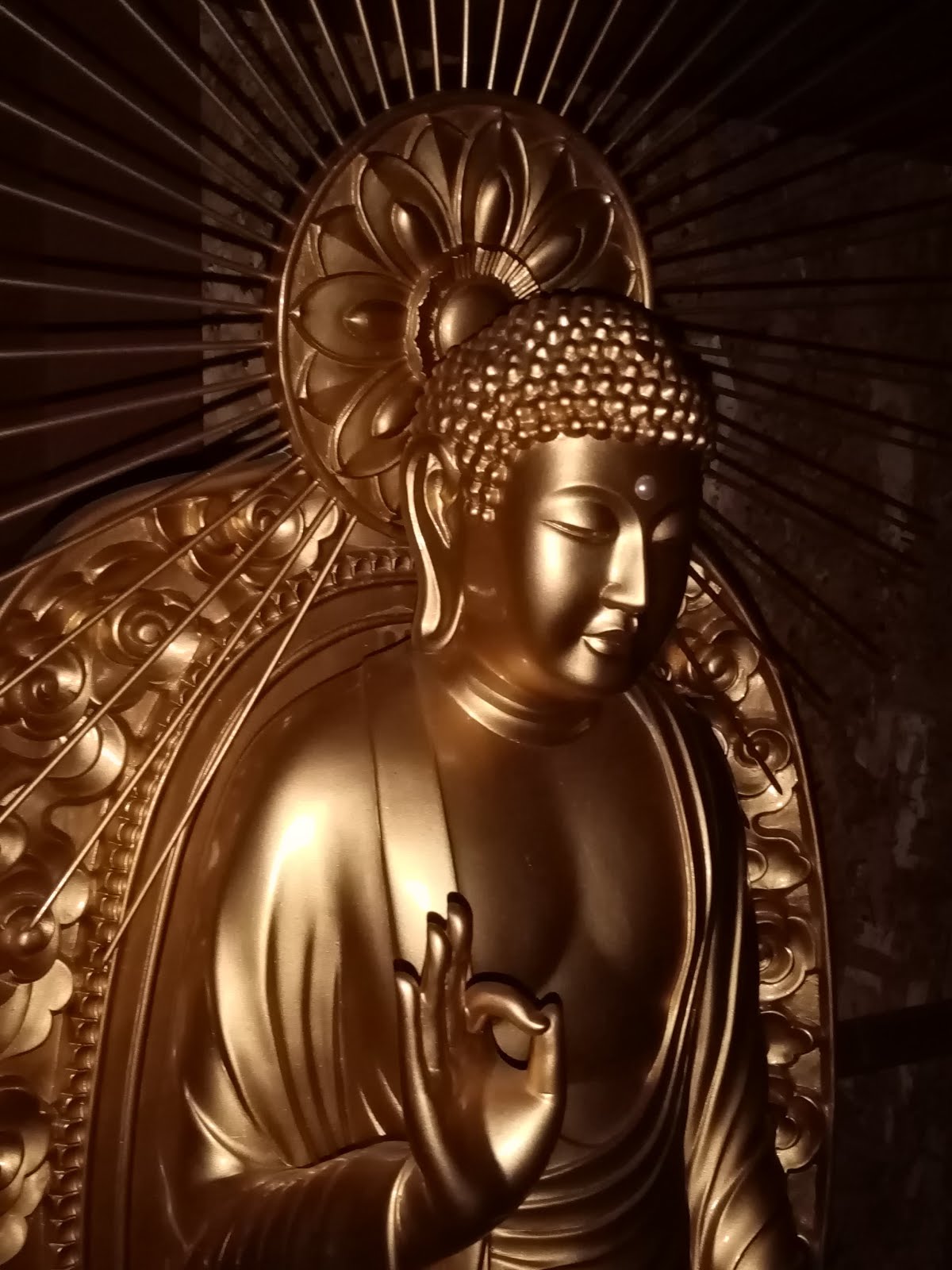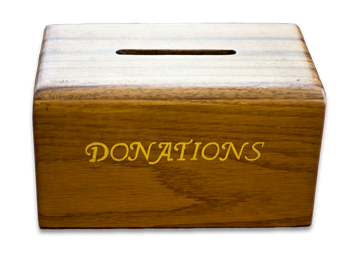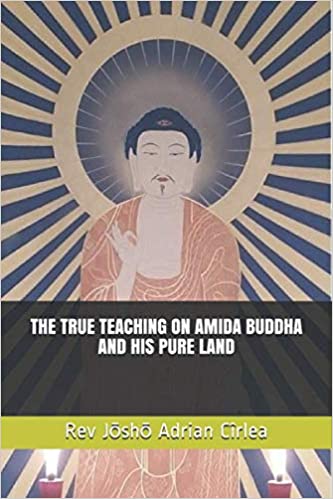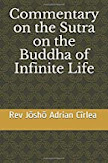 |
| Realm of Asuras from the Wheel of Life |
As Master Genshin explained, the realm of
Asuras is divided into two parts: 1. “the
creatures of this realm which are fundamentally superior live at the bottom of
the great sea north of Mount Sumeru”, and 2. “the inferior creatures of this realm dwell among the rocks of the high
mountains which lie between the four great continents”.
Although they experience various pleasures and abundance
which are far superior to those of humans, and even rival those of the gods,
they are constantly tormented by anger, jealousy, quarreling and fighting.
Beings in the human realm who are more spiritually advanced than others, but
who strongly manifest these characteristics will be born among the Asuras.
In their own realm, Asuras divide themselves in various
groups and territories and fight never ending wars, while also, because they
envy the pleasures of the lower realms of the gods, start useless conflicts
with them, which they eventually lose.
Bodhisattva Nagarjuna said:
"Also, the
demigods, by their very nature, experience great
mental suffering
Because of their
hatred of the splendor of the deities.
Though they are
intelligent, they do not see the truth
Because of the mental
obscurations characteristic of this realm
of rebirth."[1]
In some texts, the realm of Asuras is counted among the
lower gods, because of the pleasures found there, or among the lower realms,
together with hells, animals, and pretas, because of the pain they inflict to
themselves.
In conclusion, life as an Asura is a pitiful one – filled as
it is with joys and pleasures more than a human can imagine, but not being
capable to enjoy it due to envy and conflicts.
[1] Letter to a Friend, as quoted in The Great Treatise on the Stages of the Path
to Enlightenment, volume I, by Tsong-kha-pa, Snow Lion Publications, Ithaca , New York

